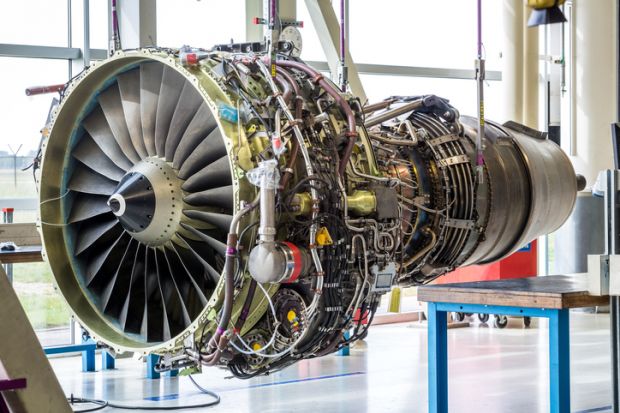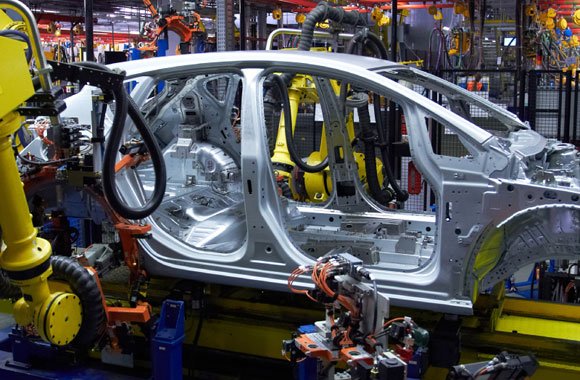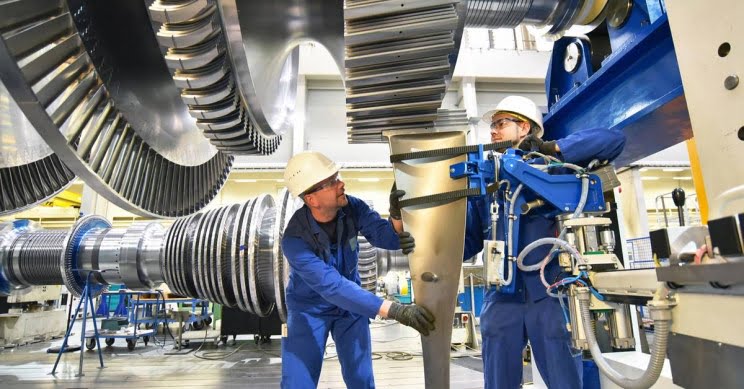Best Engineering courses to study: Are you in search of all the engineering courses? Maybe you are confused about what kind, of course, you want to do base on the much Engineering work availability. Don’t worry Nkedugist get you covered because we have to get in touch with some Engineering specialties, to help us with our search, we’ve chosen a list of engineering degrees and placed them below.
RANKING ENGINEERING COURSES TO STUDY IN ANY UNIVERSITIES
Everything around us is science which we always depend on in our everyday living that was created by engineers such as roads, railways, computers, the energy that powers buildings, medical equipment used in hospitals, etc. Engineers solve major problems and come up with safer, quicker and more cost-effective methods of doing things. So if you are interested on choosing any engineering courses then take time to go through all engineering courses.
Agricultural Engineering

Most students who choose Agricultural engineering degrees as there profession have the advantage to work professionally in many fields of agriculture. Subsets of the studies belonging to the classification of agriculture offer unlimited opportunities for involvement in this field. Degrees in agricultural engineering cover all aspects of the industry, from water and waste issues, massive farming of foods and livestock, water farming, farming equipment, and farm economics to genetically designed corn and cows. You can also establish yourself in case there is no job employment.
Aerospace Engineering

Wow! Are you desiring to be an Aerospace engineer’s research, analyze, design, synthesize, develop and test aircraft, spacecraft, and weapons. Aerospace engineers who focus on aircraft are called aeronautical engineers; those who concentrate on spacecraft are called astronautical engineers. They are essentially concerned with the aerodynamic properties of flight vehicles, such as airfoil, control surfaces, lift and drag e.t.c the beauty of this Profession is that the Salary is huge and beneficial.
Check Also Related Article: 5 Most Secret Universities to Study Engineering In Nigeria
Automotive Engineering

Are you good at creativity? and you intend to make your passion your profession by making Automotive engineering your dream happiness course. Then you have to know that Automotive engineering is a branch of mechanical engineering that concerns the design, development, and manufacture of cars, trucks, motorcycles and other motor vehicles. Automotive engineers also design and test the many subsystems or components that comprise a motorized vehicle. An Automotive Engineer usually receives salaries ranging between 64000 to 96000 depending on the level of experience., so feel free to go for your passion.
Biomedical Engineering

If you are good at saving lives or you do have sympathy for human’s health then this is an opportunity for you to make a relatively new discipline, biomedical engineering involves research and development that combine medical and biological sciences for the advancement of all healthcare disciplines. Some biomedically-engineered phenomena include regenerative tissue growth, pharmaceuticals, high-tech prostheses, diagnostic imaging equipment, and micro-implants. You have to know that is the application of engineering principles and design concepts to medicine and biology for healthcare purposes.
Chemical Engineering

Chemical engineers are not only the lab coat wearing scientists holding beakers and mixing formulas in laboratories. They also work in the field, putting into practice the knowledge gained in laboratories, as well as their own brand of chemistry that applies the physical sciences and the life sciences. Some students see chemical engineering as a difficult Profession because of the intersection between physics, chemistry, and math – three notoriously difficult subjects even on their own. If you can bypass all that then expect to be your own boss after finishing the Degree.
Civil Engineering

Civil engineers design, construct, maintain, and operate infrastructures, while simultaneously safeguarding the public and environmental health and upgrading neglected structures and systems. Civil engineering reaches from the natural environment to the constructed environment, focusing on interactions between the two, with an emphasis on sustainability.
Computer Engineering

Computer Engineering differs from Software Engineering and Computer Science in that it focuses on the actual hardware that’s responsible for performing the work. Software is the set of instructions used by a computer to get work done. Without Computer Engineers designing the hardware platform it runs on, the software would be so many useless bits of data. While they need to know the principles of software operation, Computer Engineers are responsible for designing the components of a computing system.
Environmental Engineering

Your role as an environmental engineer will involve providing safe and plentiful water supplies, developing systems for reducing pollutants in the air, water, and hazardous wastes; anticipating the effects of contaminants’ transport, and correcting improper disposal situations where hazardous materials are concerned.
Materials Science Engineering

Few studies are as vital to the advancement of the industry as Materials Science and Engineering. Focused on the study, discovery, and creation of new physical materials for use in everything from medicine, automotive and aerospace engineering and consumer goods, to rocketry and space exploration.
Software Engineering

Software Engineering is a relatively new discipline, but in today’s increasingly interconnected world, it is becoming more and more important. Software Engineering differs from Computer Science or Web Design in that you are formulating how the overall software system functions, and how it works within its intended hardware environment.
Mechanical Engineering

Mechanical engineering is the broadest of the engineering disciplines. This field focuses on two major topics: thermal systems and mechanical systems. As a result, the mechanical engineering curriculum overlaps many other engineering fields, including aerospace, biomedical, chemical, civil, electrical, industrial, materials and metallurgical and petroleum.
Mining and Geological Engineering

Mining and geological engineering focus primarily on the study and design of creating safe and effective means to extract metals and minerals for industrial, commercial and scientific purposes. Requiring education and understanding not only of mining principles and practices.
Nuclear Engineering

Nuclear engineering is the most integrated of the engineering disciplines. The many components of nuclear systems (medical imaging, nuclear fission reactors, ultrasensitive contraband detectors, and fusion reactors) must all be understood as well as how they relate to one another. Nuclear engineers must be experts in their primary field, as well as knowledgeable in other fields such as electronics, thermodynamics, physics, and materials science. The fundamentals of one science are often the same tools used in solving problems in the other disciplines. Petroleum engineering deals with the production of hydrocarbons—the products of crude oil and natural gas.
Audio Engineering

Audio engineering is an intricate blend of science and creativity. It involves technical aspects of equipment set-up and operation, but also requires a creative side to enhance and blend the sounds to produce the desired effects. Often called sound engineers, these professionals are highly sought after in all areas of the entertainment industry. Musicians depend on audio engineers in the studio and in live performances to polish their sound and to keep it consistent throughout each recording or performance. Audio engineers mix the music and enhance the balance to provide the best final product.
Electrical Engineering

No need of been scared if you are good at joining two or more wires together. Electrical engineers study electronics, electromagnetism, and the application of electricity. The products they develop are used in medical technology, game systems, cell phones, robotics, cars, green technologies, and navigation systems, just touching lightly on the list. Nearly everything that defines modern civilization is linked to electrical engineering. These engineers work in labs, offices, and industries. They develop systems for power generation, transmission, and distribution. Electrical engineering is among the most respected course because everyone needs their services.
